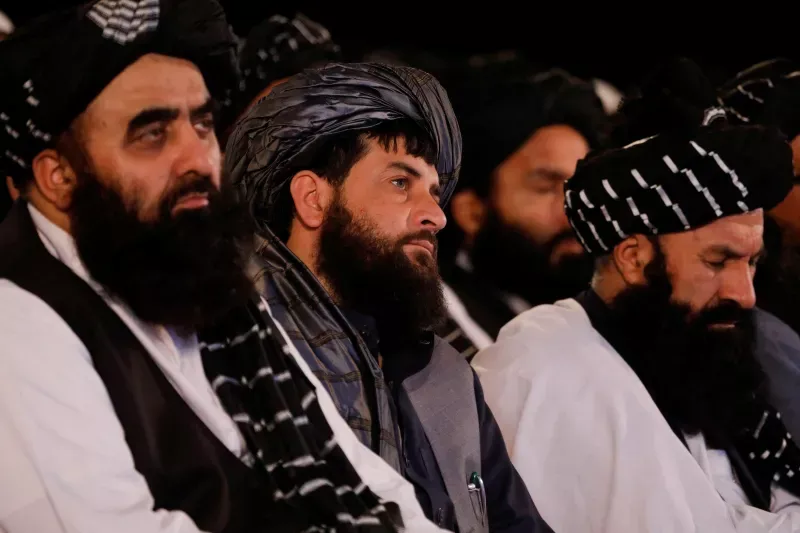The Afghan interim government has long claimed to be a champion of stability and peace, yet recent events paint a different picture. Reports from Pakistan suggest a disturbing pattern: the Afghan government has been quietly accepting the bodies of terrorists killed in security operations. This raises serious questions about their role in supporting extremist elements like Fitna-e-Khawarij.
On February 6, 2025, Pakistani security forces killed Luqman Khan, an Afghan terrorist from Khost, during an operation. The Afghan authorities promptly accepted his body, just as they had done for Ahmad Ilyas, alias Badruddin, a terrorist killed earlier in Dera Ismail Khan. Ilyas was the son of Maulvi Ghulam Muhammad, the deputy governor of Afghanistan’s Badghis province. In a move that shocked many, the Afghan interim government celebrated his death as a “martyrdom.”
This act of receiving bodies exposes a clear contradiction. On the one hand, the Afghan government publicly denies any association with terrorism; on the other hand, its actions reveal covert support for extremist groups. Defense experts argue that this duality has eroded the credibility of the Afghan leadership. If a government is complicit in harboring or supporting militants, how can it claim to be a legitimate state authority?
This behavior also casts doubt on Afghanistan’s diplomatic intentions. Pakistan has long dealt with the spillover effects of terrorism originating from across its western border. If the Afghan leadership truly seeks peace, why would they align themselves with groups responsible for destabilizing their neighbor? By accepting the bodies of terrorists, they have openly admitted their ties to these groups—undermining their own narrative.
The Afghan people are beginning to see through this façade. Terrorists who have returned to Afghanistan after failed missions in Pakistan have exposed the criminal operations of extremist groups. Many of these groups, under the guise of enforcing religious law, are engaged in drug trafficking and other illicit activities. The promise of “jihad” is nothing more than a smokescreen for organized crime.
This harsh reality is pushing many Afghans to distance themselves from such organizations. However, awareness alone is not enough. Afghan citizens must demand accountability from their government. Leaders who exploit religion and ideology for political and financial gain cannot be allowed to dictate the country’s future.
Furthermore, this situation has significant implications for regional stability. Pakistan, already grappling with terrorist attacks, has called on Afghanistan to curb cross-border terrorism. The international community must also pressure the Afghan government to end its covert support for extremist elements. Without such measures, peace will remain an illusion.
The Afghan interim government’s behavior highlights a critical lesson: nations cannot achieve stability through deception. True leadership requires transparency, accountability, and a commitment to peace—not covert alliances with terror networks. The Afghan people deserve better, and it is time for their leaders to choose sides—peace or perpetual conflict. The world is watching.


